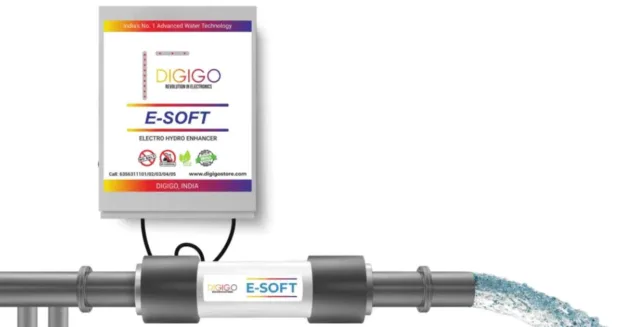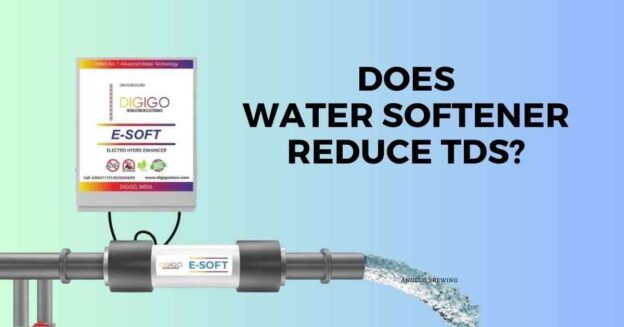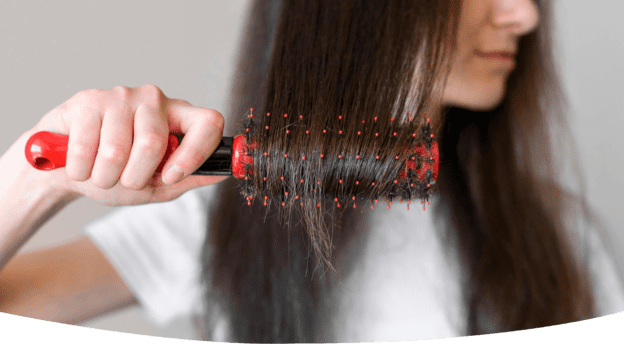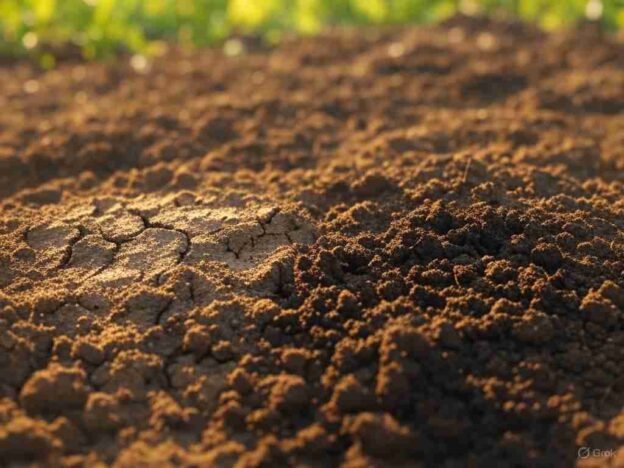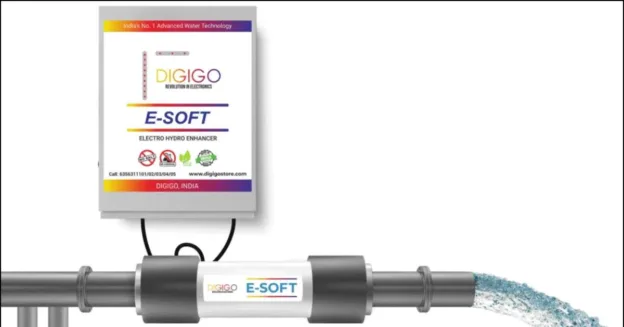Blog Overview:
- Understand what makes Digigo hard water softener stand out.
- Know the real difference between TDS and hardness.
- Read real-life stories of Indian families solving hard water problems.
- Discover expert insights and online reviews.
- Learn what to look for in a softener for your home.
Introduction: Why My Geyser Gave Up Early?
“Why does my new geyser need servicing again?”
That’s exactly what my aunt said last summer. She’d just installed a fancy new geyser, and within months, white stains and low water pressure became a regular issue. The culprit? Borewell water. And like many Indian homes, her house depend completely on it.
Hard water isn’t just a pipe or appliance issue; it slowly affects skin, hair, clothes, and even daily peace of mind. That’s when someone in our family WhatsApp group said, “Try a Digigo hard water softener. We used it, and our bathroom tap stains just vanished!”
That got me curious. What’s so special about Digigo? How is it different from other softeners? And how do we know if it’s the right one for our home?
Let’s break it down simply.
TDS vs Hardness: Don’t Mix the Two
Most people think a high TDS level in water means it’s hard water. But that’s not always true.
Let’s understand the difference:
- TDS (Total Dissolved Solids) includes all salts and minerals in water, not all of which are bad.
- Hardness comes from calcium and magnesium ions, specifically, these are what leave white scale and make water “hard.”
For example, a glass of mineral water may have high TDS but is soft to the touch. Meanwhile, borewell water with high calcium can ruin your taps, even with lower TDS.
So, the next time someone says “check your TDS”, also ask: What’s the calcium and magnesium content?
Do Softeners Reduce TDS? The Truth
This is a common myth.
No, most water softeners, including the Digigo hard water softener, do not reduce TDS. They replace calcium and magnesium with sodium or potassium, making the water soft.
Why is this important?
Because even with the same TDS, softened water:
- Doesn’t form white scales.
- Feels gentler on skin.
- Don’t choke your geysers or washing machines.
- Stats say: 70% of Indian households that use borewell water have hardness levels above the recommended 200 ppm.
Authentic Narrative: Transitioning from Uncomfortable, Itchy Skin to Delightfully Smooth Mornings
Hi Ramesh from Nagpur. He got a water softener installed for domestic use after his children began developing dry, scratchy skin.
“Since making the change to a Digigo softener, we’ve noticed that even our clothes are noticeably softer to the touch and more pleasant to wear. We no longer have any problem with shampoo foam, either,” he reports.
This is quite a common occurrence. Hard water has a tendency to react with soap, and this causes it to not lather as it should or as effectively, and it also leaves a nasty residue on the hair and skin.
Why Digigo Hard Water Softener?
There are many brands. So why are people choosing Digigo?
Here’s a side-by-side look (simplified):
| Feature | Digigo Hard Water Softener | Other Brands |
| Price Range | Mid-affordable for homes | Varies |
| Installation | Easy, home-ready | Sometimes complex |
| Maintenance | Low, filter-based | Resin cleaning needed |
| Availability | Online & Offline | Limited access |
| Suitability | Perfect water softener for Indian homes | Not always customized |
People on forums like Quora say Digigo offers value for money without unnecessary complexity. For someone who doesn’t want a “science lab” attached to their pipeline, it’s ideal.
What Do Online Users Say?
From Reddit threads to Quora answers, here’s what real users share:
“Digigo worked for our borewell water in Pune. No more salty stains!”
“Other softeners had too much maintenance. Digigo was plug-and-play.”
“We compared many before choosing this. Good service and performance.”
Expert Insight: What Most People Miss
A plumbing expert from Chennai said, “Many families choose the wrong type of softener. They buy big, expensive industrial models for small houses. That’s a mistake. Brands like Digigo offer units made specifically for home use.”
He also mentioned that in cities like Hyderabad, where borewell water has over 500 ppm hardness, a good softener becomes essential, not optional.
Post-Lockdown Trend: Softeners on the Rise
Ever since the pandemic, more Indian families have focused on home hygiene and appliance care. This led to:
- A 40% rise in softener sales in 2021-22 in Tier 2 cities.
- Increased awareness about the benefits of water softeners, especially in hard water zones.
- More brands are launching “home-optimised” softeners.
This explains why options like the Digigo hard water softener are becoming household names.
If you use borewell water and face stains, poor lather, or appliance issues, yes, a softener is a must. And if you want something simple, budget-friendly, and reliable?
The Digigo hard water softener is a smart choice.
It won’t reduce TDS, but it will make your water softener, life easier, and skin healthier. For Indian homes, it checks most boxes.
FAQs
1. Does Digigo reduce TDS?
No. Like most softeners, it reduces hardness, not TDS.
2. How do I know if I need a softener?
If your taps have white marks, geysers choke up, or soap doesn’t foam, you likely have hard water.
3. What is better: low TDS or low hardness?
Low hardness is more important for appliances and skin. TDS includes good minerals, too.
4. Can I use it in apartments?
Yes. The Digigo unit is perfect as a hard water softener for home use, including apartments.
Final Thoughts
If you are still in the discovery phase, don’t confine it to a single brand. E-Soft Water Softeners offer solutions for homes, commercial businesses, industries, and even farms.
The range of products that they offer is thoughtfully planned with careful consideration of the specific water quality issues that are widespread in India. If you prefer to look for a wider range of choices, you can easily log on to their website, where you can determine the water softener that best suits your personal water needs and your budget.
